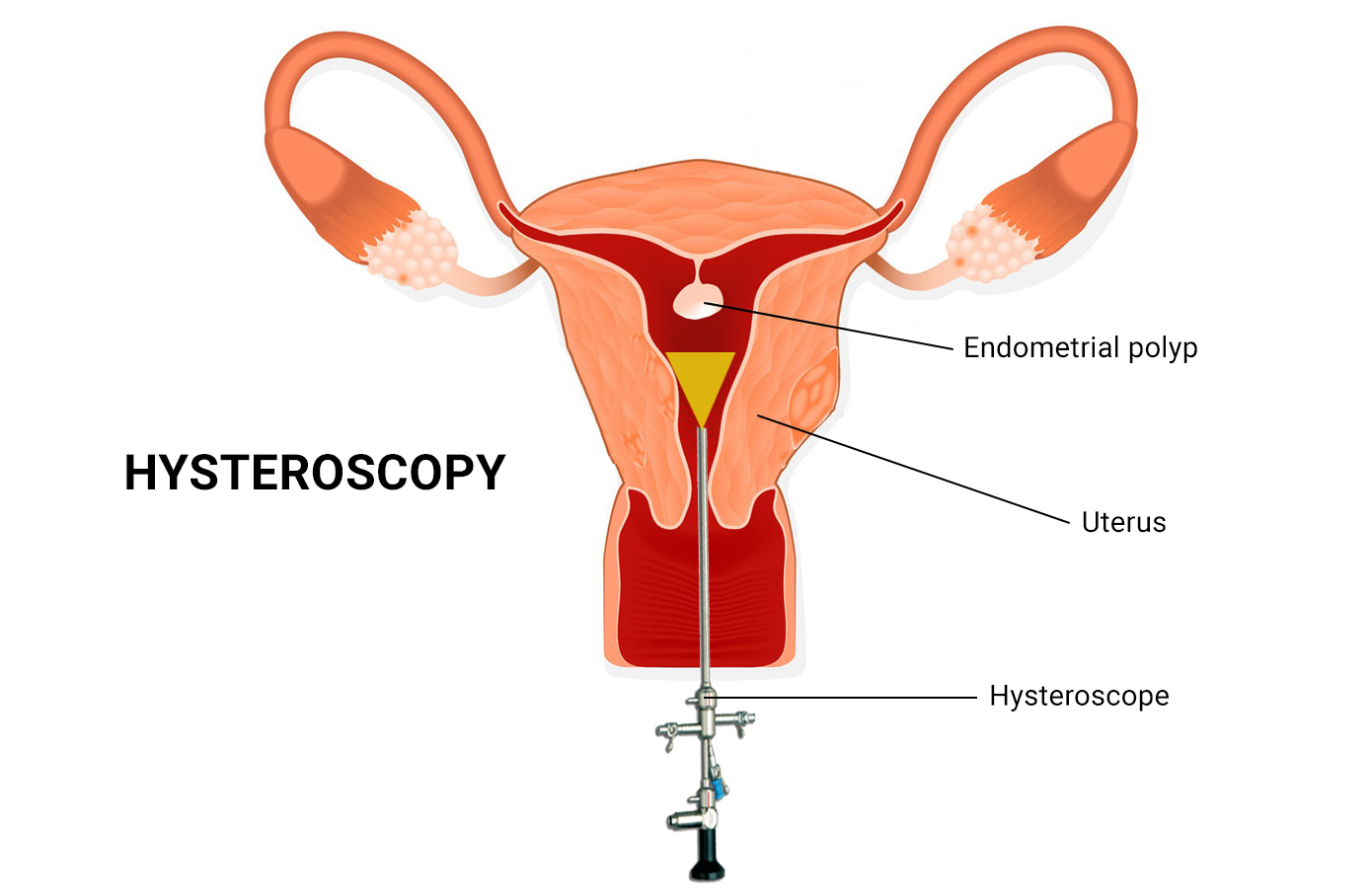The Only NYS Approved by
DOH Surgical Facility
*Same Day Appointments & Walk-Ins Welcome
The Only NYS Approved by
DOH Surgical Facility
*Same Day Appointments & Walk-Ins Welcome
How many weeks have you been pregnant? On average, there are 28 days in a normal menstrual cycle, but it can last from as little as 22 to as many as 44 days.
DISCLAIMER: This calculator is not a diagnosis.
The calculations that are provided are estimates based on averages.
START HEREFertility issues, as well as irregular or heavy periods, can have a negative impact on your overall and reproductive health. Brooklyn Abortion Center’s female reproductive system specialists offer advanced hysteroscopy procedures to effectively diagnose any uterine abnormalities. Brooklyn Abortion’s core physicians are trained to provide excellent healthcare services in a gentle and caring manner. We invite you to schedule an appointment at one of our NYC locations now to receive the care you deserve.
Hysteroscopy is the procedure performed with a hysteroscope, a narrow, illuminated telescope-like tool used to diagnose or treat uterine conditions. Your gynecologist will insert a hysteroscope into your vagina to examine your cervix and the interior of your uterus. Sometimes, the procedure can be used operatively to treat any abnormal growths within the uterine cavity.

Hysteroscopy is commonly used to identify the culprit behind abnormal uterine bleeding. The procedure can also be warranted for the following reasons:
Before the procedure, you could be given a sedative, and to ease the discomfort, a general or local anesthetic may be administered. You won’t be conscious during the procedure if you’re under general anesthesia.
The procedure will be arranged when you’re not on your period. To ease the process, your healthcare professional may dilate (open) your cervix prior to performing the hysteroscopy. You can be given a dilator or medicine that is injected directly into your cervix. Your doctor will first probe the vagina using a speculum. The hysteroscope will then be introduced through the cervix and gently moved into your uterus.
Your uterus will be expanded by being filled with carbon dioxide gas or fluid, such as saline (salt water). Thanks to the gas or fluid, your physician would have a better view of the lining of your uterus. The volume of fluid used would be continuously checked throughout the procedure. Your gynecologist will be able to observe your uterus’ lining and the fallopian tubes’ openings through the hysteroscope. The hysteroscope will also be used to pass tiny instruments when conducting surgery, such as a biopsy.
You ought to be able to go home right after the treatment. You might need to wait until general anesthesia’s effects have subsided.
It’s common to experience mild cramping or a little amount of bloody discharge for a few days after treatment. To help with your symptoms, your doctor may prescribe painkillers. If you develop a fever, chills, or severe bleeding, call your doctor immediately.
You should be able to resume your normal daily activities within one to two days. Showering is allowed on the same day as your procedure, and bathing is allowed the next day. Avoid engaging in sexual intercourse for at least a week, or as advised by your doctor.
Are you dealing with irregular bleeding? If this is the case, an advanced hysteroscopy procedure at Brooklyn Abortion Center may be required to diagnose and treat your problem. Call (718) 369-1900 to schedule a visit.
Visit our Surgical Abortion page for more information. You will also find critical tips regarding before and after your procedure.
SURGICALBrooklyn Abortion Clinic